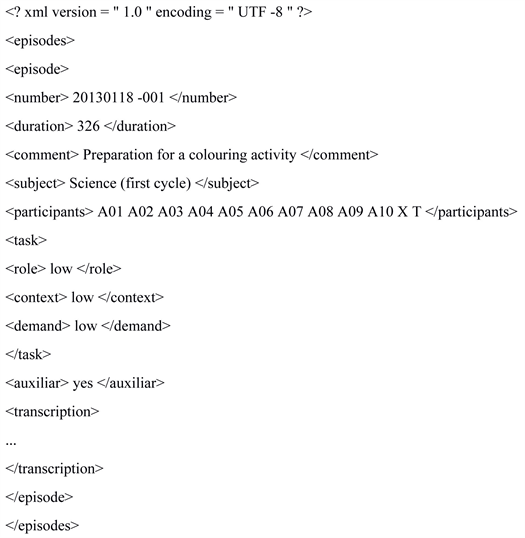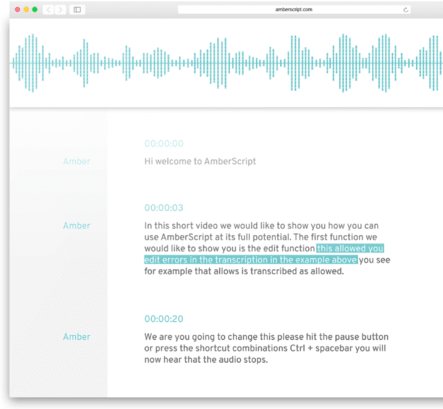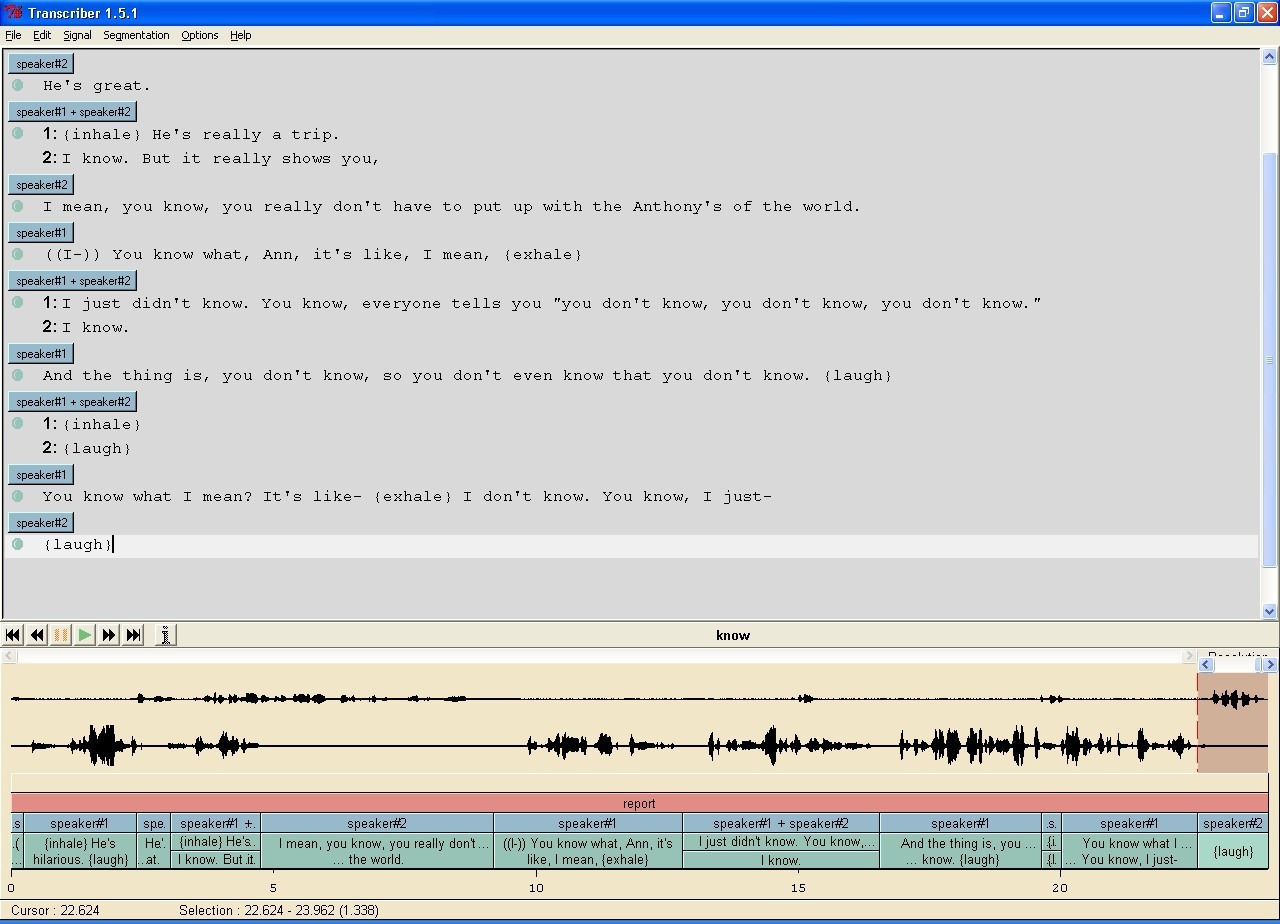

- #Annotation transcriber export srt file mp4
- #Annotation transcriber export srt file generator
- #Annotation transcriber export srt file software
Click on "Export" and choose your preferred file format. If you select our human service, your transcript will be ready within 24 hours.

#Annotation transcriber export srt file software
Our automatic transcription software can transcribe your Webex meeting in just a few minutes (depending on the length of your file). With our human service, your transcript will be transcribed and proofread by an expert and native speaker and delivered with 99% accuracy. Our automatic transcription software is lightning fast and 85% accurate. Choose "Machine generated" or "Human made". We support more than 120 languages, dialects, and accents. Select the language of your Webex meeting.
#Annotation transcriber export srt file mp4
Audio and video files will be saved as MP4 files whereas audio-only files will be saved as M4A. MP4 after the meeting is over so you can access the files from your computer.Ĭlick on "Upload A File" and select the Webex recording that you want to transcribe. Subtitle(index=2, start=datetime.timedelta(seconds=4, microseconds=504000), end=datetime.timedelta(seconds=7, microseconds=548000), content='.for us, kissing is as important\nas any part of it.Start as a host and click on the Record button. Output: Subtitle(index=1, start=datetime.timedelta(seconds=2, microseconds=877000), end=datetime.timedelta(seconds=4, microseconds=294000), content="What you guys don't understand is.", proprietary='')
#Annotation transcriber export srt file generator
If you want to format the whole file in another shape, iterate over subtitle list and change the content in your desired format.Īlso for using it in a generator format you can use: with open(subfile_path) as f: srt file): "What you guys don't understand is."įor more information about another methods, see the documentation. Then for some use cases like tokenization, you can use: ntent It has No dependencies outside of the standard library and in typical workflows it would be faster. filename '16-122828-0002.wav' This file was grabbed from the LibriSpeech dataset, but you can use any audio WAV file you want, just change the name of the file, lets initialize our speech recognizer: initialize the recognizer r sr. Otherwise, this might be possible using the itertools library or some kind of function that would skip lines 1 & 2 as well as any blank line.Īnyone out there with the Python moves to help me overcome this? I'm pretty out of practice with my Python as is, but right now I'm wondering if the only way to effectively and reliably match the first and second lines of the segment for removal or skipping is to use a regular expression. # Finish with list.join() to bring everything together # for every item in the list that ends with '', '.', '?', or '!', append a space at end # Discount first and second line of each segment using a match pattern # After parsing content of file, move to next fileįile = open( "/Sample-SRT-File.srt", "r") Here's the code I've come up with so far: def main(): Dignissimos et quod laboriosam iure magni expedita nisi, quis quaerat.

Lorem ipsum dolor sit amet consectetur, adipisicing elit.

Here's an example of the output I'm trying to generate: '00:00:00,710 -> 00:00:03,220') and then format the remaining lines of text so that they are joined and presented in readable format. I'm trying to use python to read and then parse through this file, remove (or skip) the lines that include the digit strings (e.g., SKIP '1' & I have a video transcript SRT file with lines in conventional SRT format.


 0 kommentar(er)
0 kommentar(er)
